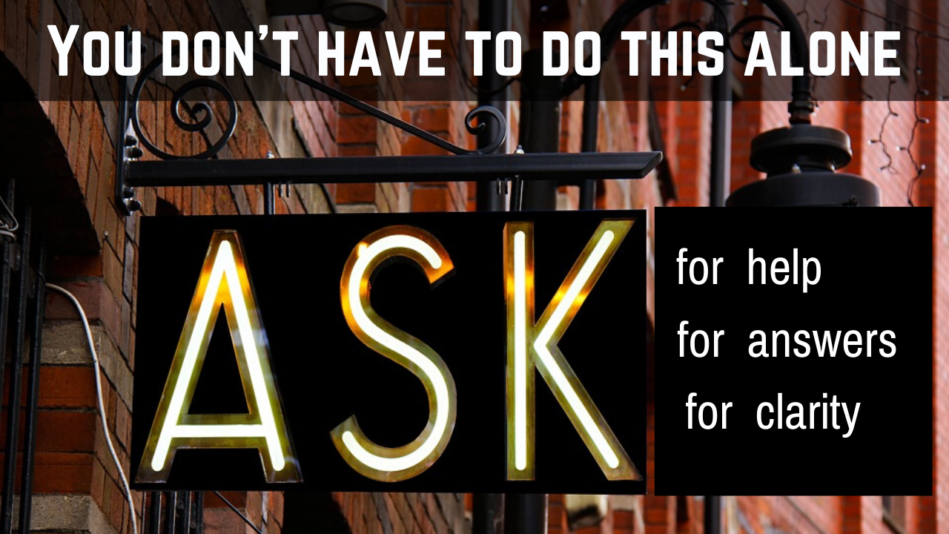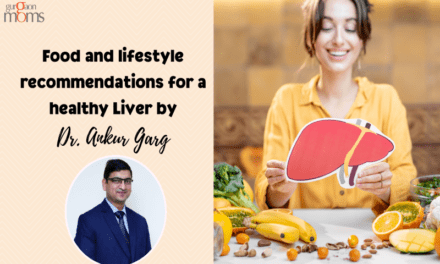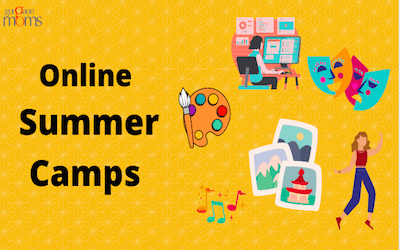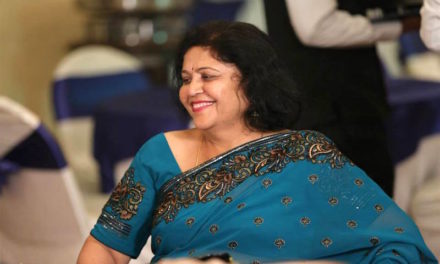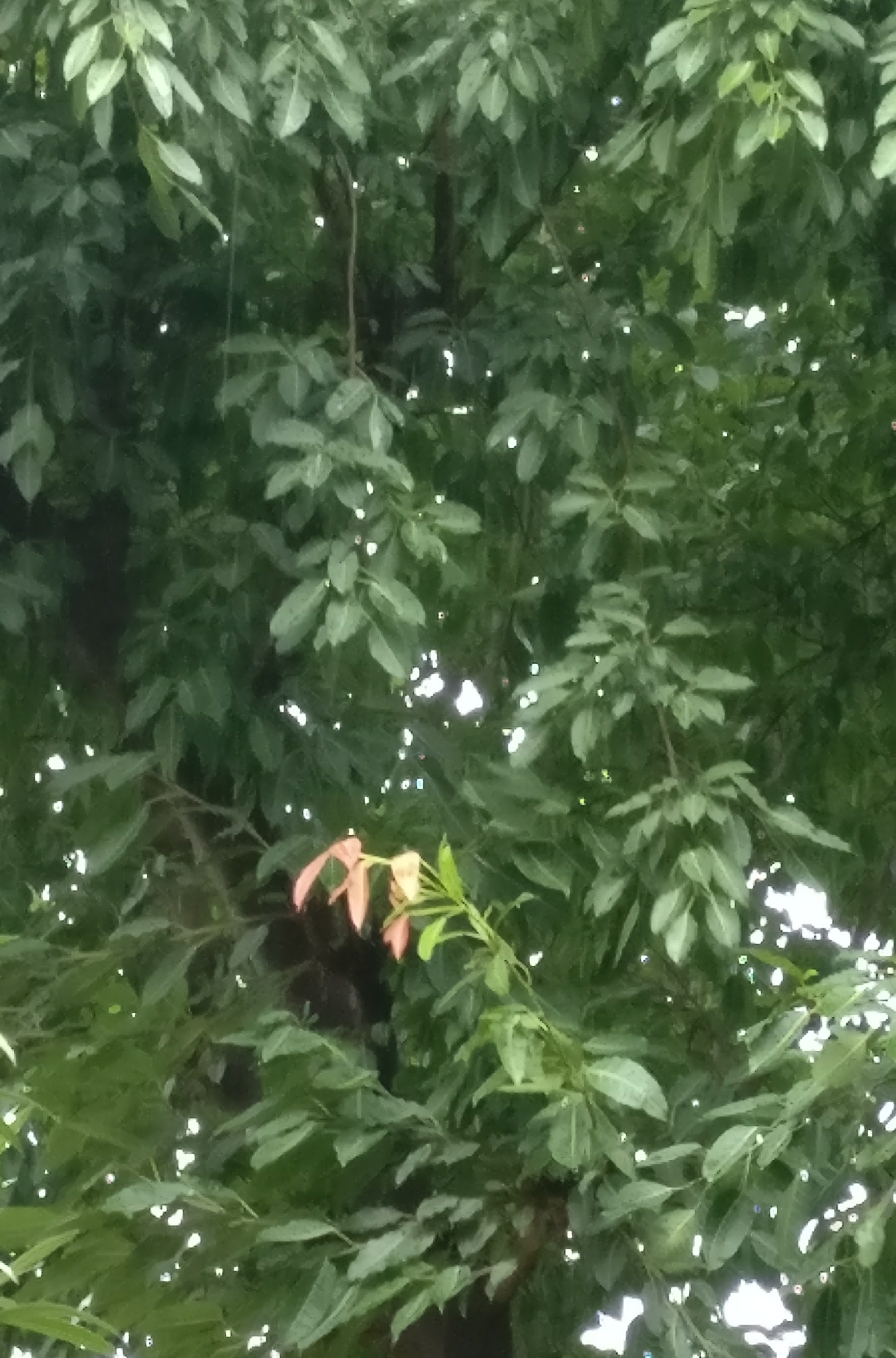Are you someone, who often says, “I don’t need help, I can manage on my own”? Are you someone who tries to give all the ‘answers’ just because someone is asking a question? Whether you realize it or not, these actions or statements are influencing children and others around you.
The society values knowledge and independence. Therefore, it is not surprising that most of us are either on the quest for: ‘knowing more’, or to share what we know; or becoming someone who can survive and thrive ‘on our own’.
Logically, all this seems fine. Of course, we should know how to manage on our own and should have many answers. But what message does this overvaluation of independence and ‘knowing everything’ sends to children and others around us? Let’s take three examples.
Ginny, a 4 year old, has radial club hand. She is wearing a brace/cast in her right arm to support her wrist. The muscles in the fingers of her right hand are not like the ones in the left hand. So, if she is trying to wear a skirt or button her top, or tie a lace- she needs someone’s help. Is seeking help a sign of lack of independence for her? What if you are there with Ginny and she insists that she doesn’t want your help. She tries to button her top, struggling for many minutes. She still does not want your help. What will you do?
Ginny is playing in the park along with friends. A new child in that locality comes with his mother. He wonders why is Ginny wearing a brace/cast and whether she is hurt. He asks his mother. The mother, who has never met Ginny, tells him, “She is probably hurt and has a fracture”. She did not know anything about Ginny. But, she decided not to say, “I don’t know”.
Chandana, a 40 yr old, loves her job. There is a problem with her laptop. Hence, work from home is not really possible anymore. She does not share this problem with her colleagues. She tries to manage work via her phone. Her work is affected and her team is wondering about work delays. She is a person with disability and tired of people assuming what she cannot do. Chandana believes that she should try to somehow manage on her own. What will you say to her?
My take on this:
Instead of correcting Ginny, Chandana and the mom in park, first check if the answers for the following questions are ‘Yes’ for you:
- Taking help means I am weak.
- Everyone should be independent.
- I should do as much as possible on my own.
- If I don’t have the answers for the questions that my children ask, they would think I am not smart.
- Even if I don’t have all the information, I can still share my opinion and that is good enough.
- Even if I have not read or experienced XYZ, I can still share what I think to help someone with XYZ.
If your thoughts, actions, and ‘shoulds’ are making you say ‘Yes’ to even one of the above, then you (possibly unintentionally or unknowingly) are nurturing the cycle of unhelpful assumptions.
You too, then, are suggesting to others (often without saying so), that if people don’t know, or if they take help – it means that are not good enough. Imagine your child growing up believing this?
What would happen if your child keeps his problems within and does not share? What if your child resorts to sharing assumptions and false information instead of saying “I don’t know?”. Well, the answers are there in the three examples you read earlier.
If we don’t break these cycles of messages we send through our actions, Ginny would continue to believe that she should do everything without taking help, as if taking help is a bad thing! Chandana would not share about her needs and problems, because she wants people to believe in her capacities. Mom in the park would continue to give false information, indicating to her son (unintentionally) that it is okay to not ask for correct information.
The change has to begin with us. To be a role model for those around you, start asking for help, and be okay with it.
Taking help does not make you weak. We live in a world of interdependence. We depend on each other in more ways than you can imagine or believe in! Nurture interdependence and help seeking.
To be a role model, start saying, “I don’t know”.
Acknowledging what you don’t know is the first step towards knowing, and raising accountable and aware citizens. Stop yourself from sharing opinions about things that you actually don’t know much about. Instead, share experiences, and facts from authentic sources, when you respond to questions. Nurture inquiry as a way of life.
The final word: Each of us needs help. Each of us does not know everything!
This article has be authored by
Dr Shweta Verma , PhD (Social Work), has 18 years of experience in disability rights and mental health. She is co-founder of Ginny’s Planet, a social enterprise.Ginny’s Planet is building a world where being different is okay. Their mission is to nurture aware, empathic, diversity respecting individuals, who follow inquiry as a way of life. To know more: www.ginnysplanet.com

